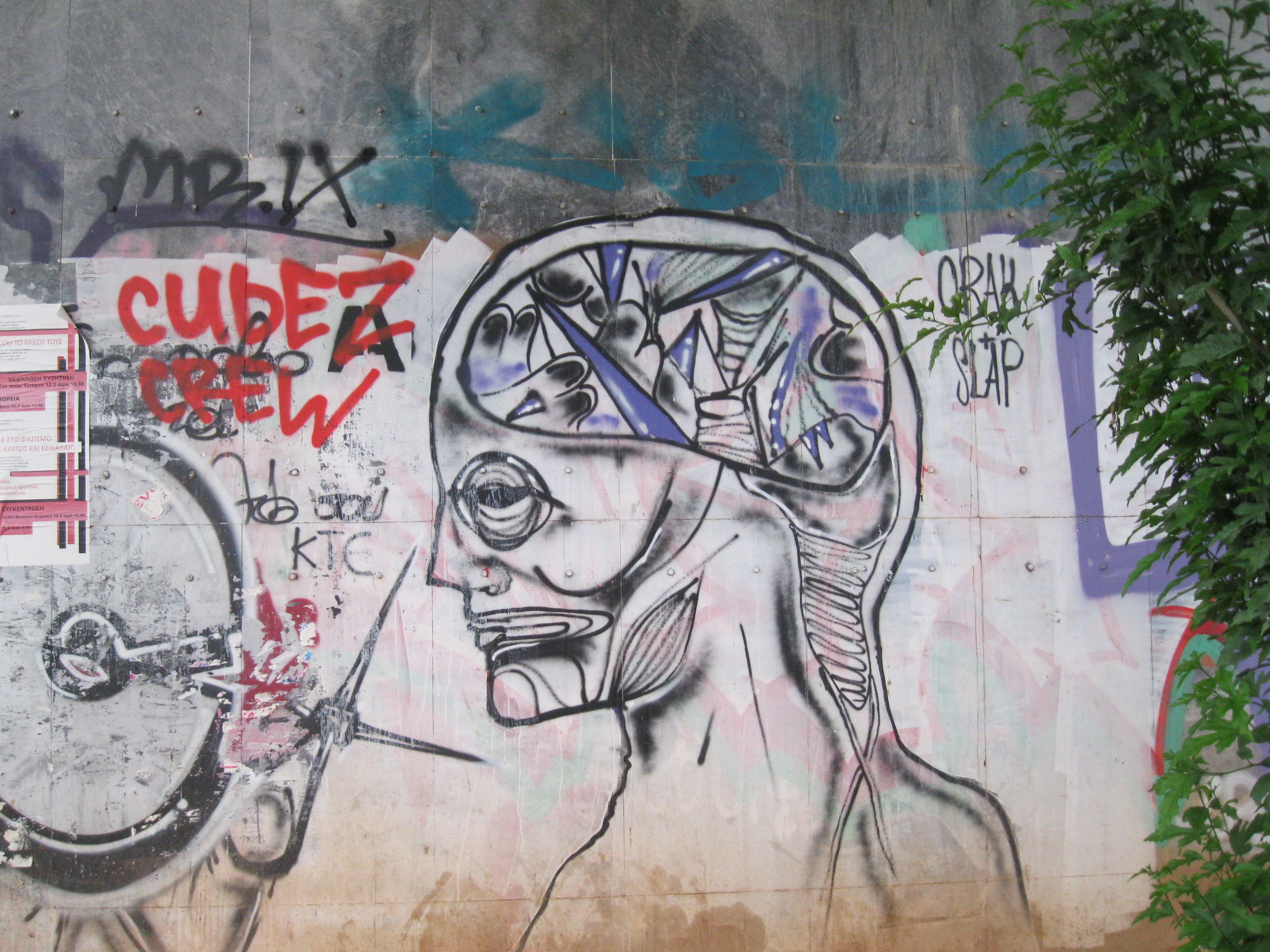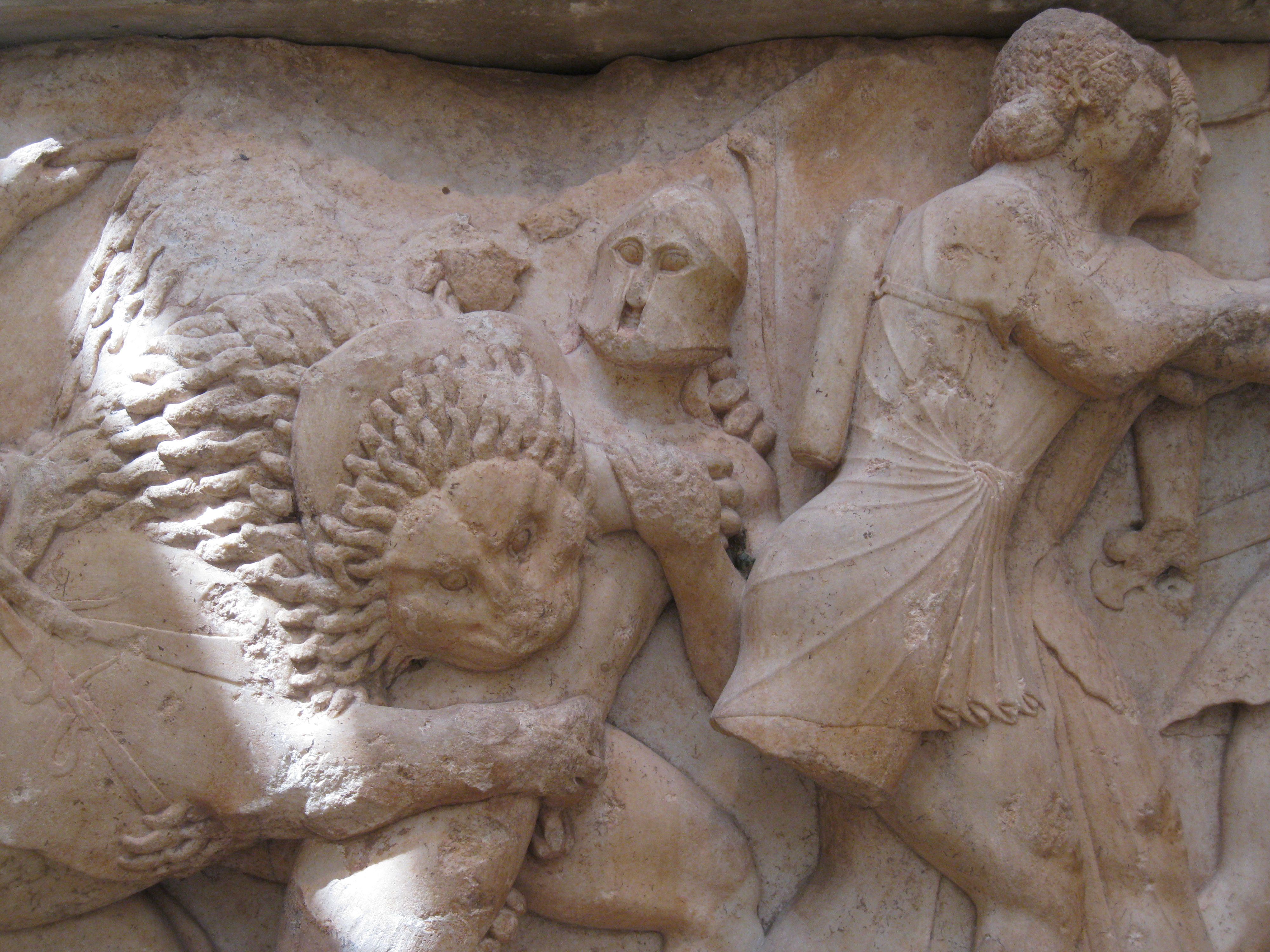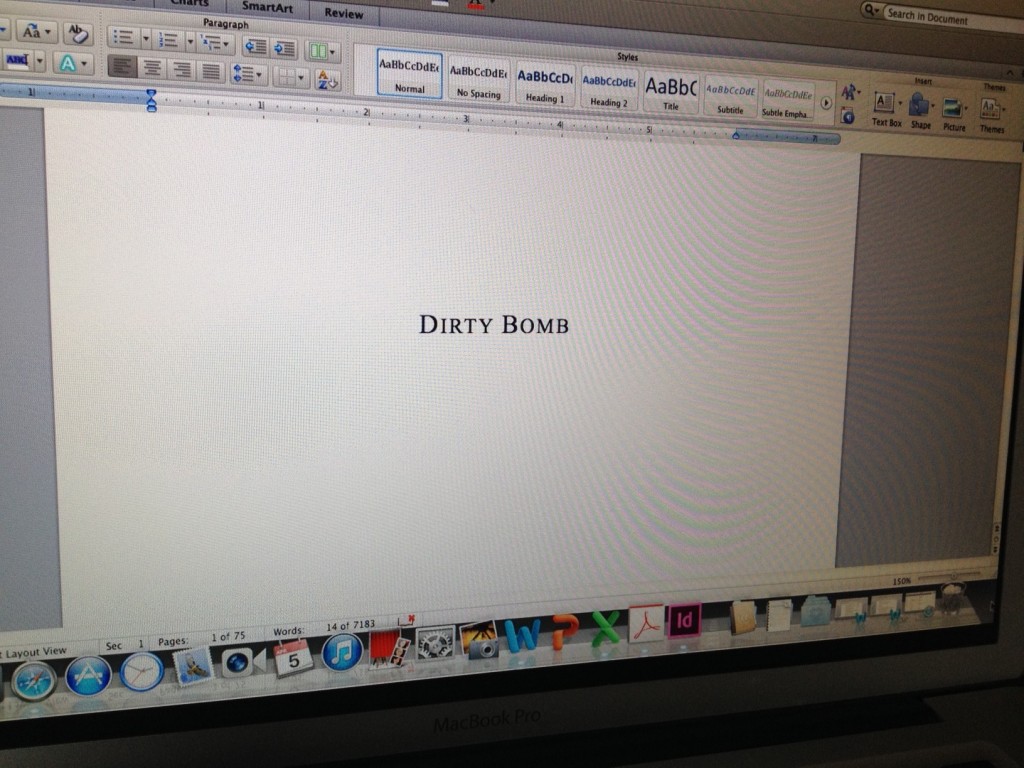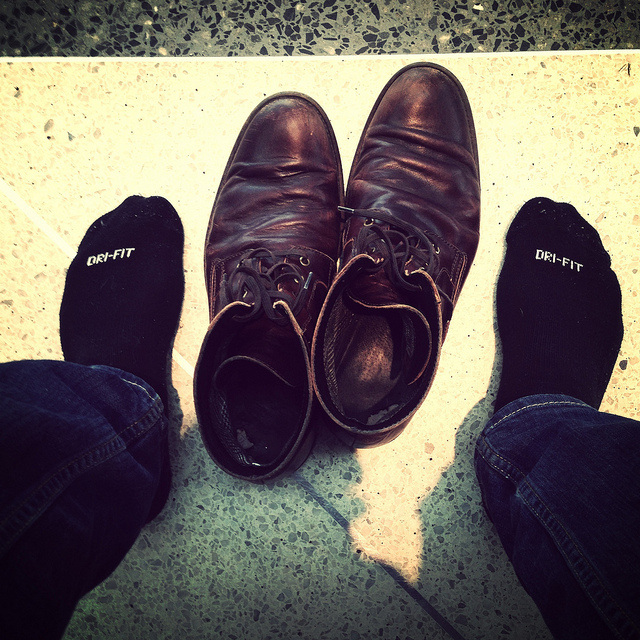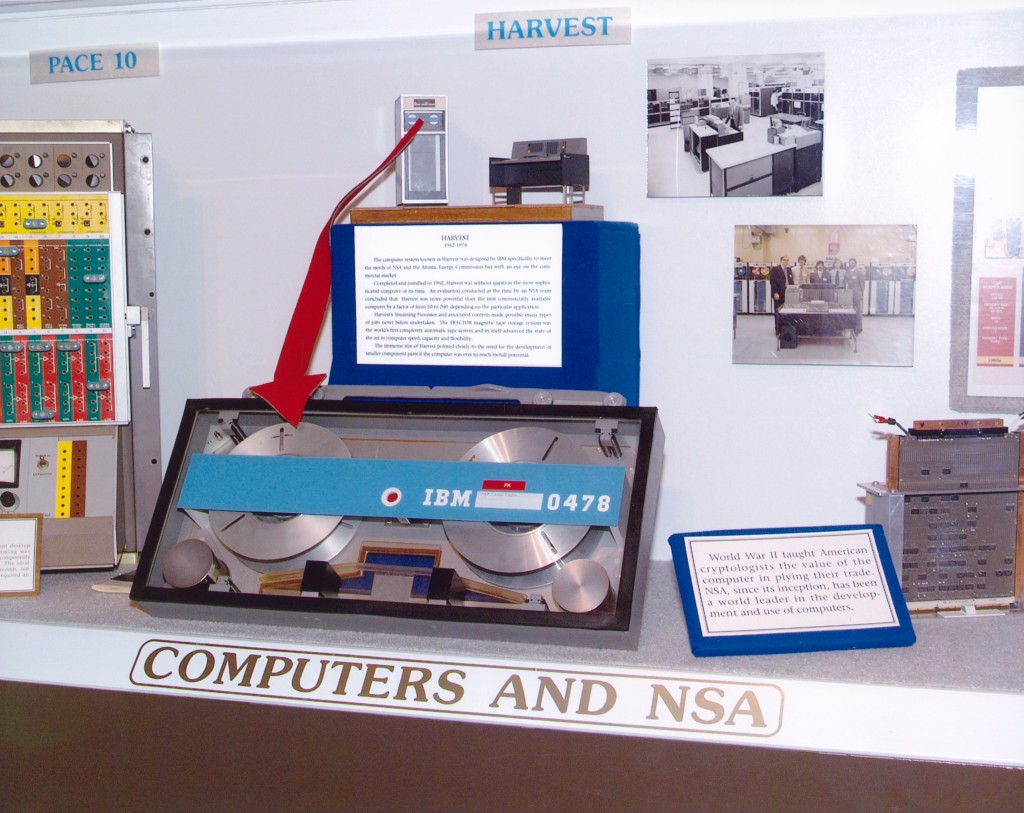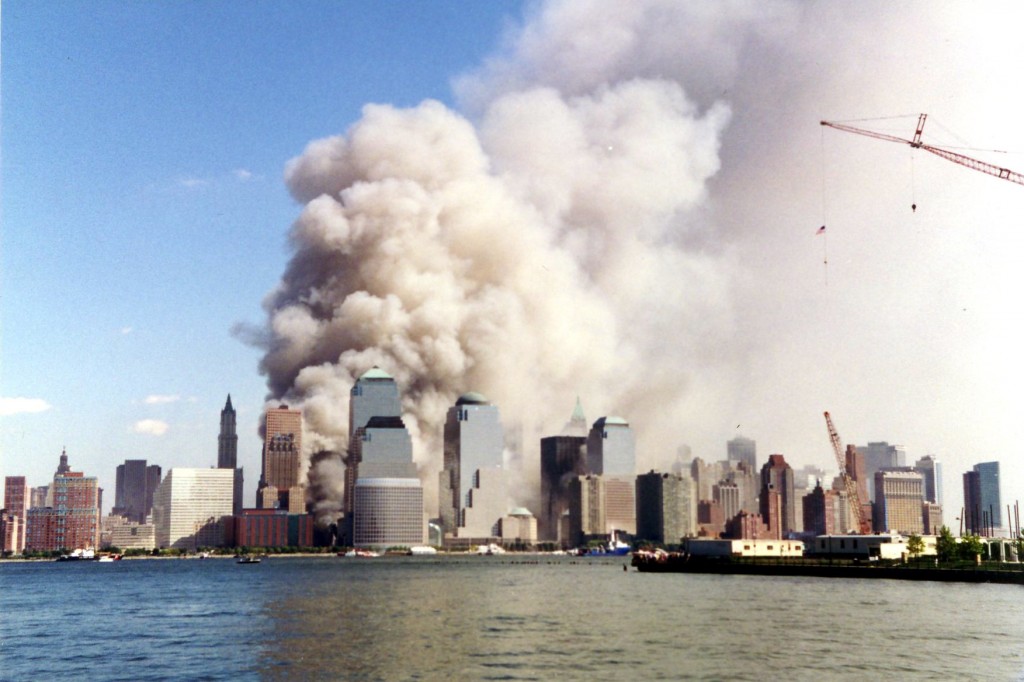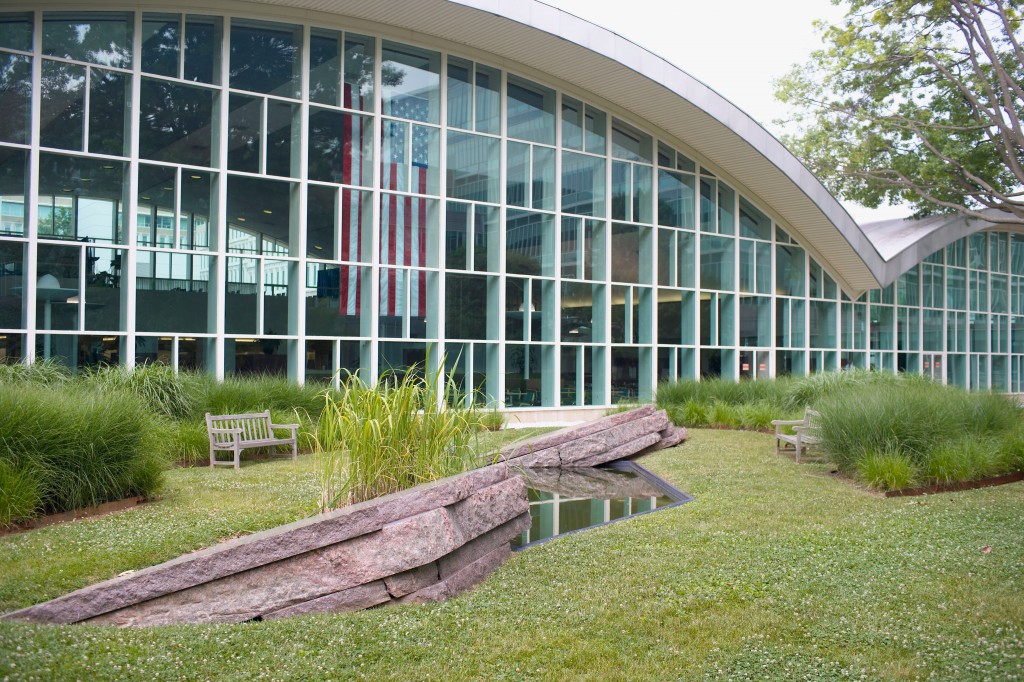“Violence does not promote causes, neither history, nor revolution, neither progress nor reaction; but it can serve to dramatize grievances and bring them to public attention.” Hannah Arendt
“Maybe you should work against the moment,” he said to me when I spoke of writing a post that would go up on 9/11. I happened to be reading Hannah Arendt’s ON VIOLENCE.
I picked up Arendt’s essay in the midst of this summer’s dire news; bombings in Gaza; the Ebola virus; ISIS. Arendt seems especially contemporary: “Nowhere is the self-defeating factor in the victory of violence over power more evident than in the use of terror to maintain domination….” This was written in the late 60s during student take-overs in American universities and the Vietnam War. Her premise, that power and violence are opposites, that violence will turn into terror (rather than power) when “having destroyed all power” it “does not abdicate but on the contrary remains in full control.”
I was getting my American passport renewed and stood a few minutes waiting to enter the embassy in the full glare of the August sun that glanced off wide marble steps. The embassy’s newly renovated and expanded buildings spoke very clearly of power and its being “expansionist by nature.” The buildings surrounded by high barred metal fences are couched in an oasis of olive trees and nicely mowed grass knolls inside very carefully monitored gateways. As I waited inside there was a running story of Amelia Earhart on the plasma screen. That sense of expanse, of freedom dramatized too by the clips of Earhart’s pioneering voyages and courage created a stark contrast between the inner sanctum of the bordered space and the world outside of it.
I am privileged to be a dual national, but I experienced a visual split between my worlds. “Power needs no justification, being inherent in the very existence of political communities;” writes Arendt “what it does need is legitimacy.” And legitimacy is a consequence of support. She explains “the current equation of obedience and support” is “misleading and confusing.” Support is what we offer each other in recognition of our common vulnerabilities.
I live in Athens, Greece, and it has been over 4 years now of crisis-ridden moments, and tragedy too. Work against the moment. A man in the midst of August’s sweltering humidity was singing in the street, a worker whose voice rose above the drill as he sang, in Greek, I will melt for you, for you I will melt my heart… It was a sweltering day; it had been a sweltering summer.
“Power springs up whenever people get together and act in concert, but it derives its legitimacy from the initial getting together….” I have a torn linen shirt I am fond of and want to patch, but the nature of the tear means I need a particular weave to iron against the cloth so it might blend in. Next to the post office is a fabric shop run by an elderly couple. The husband of the wife who runs it is always there; he’s had a throat operation and can’t speak though he picks out merchandise for customers. I show her the tear and she gives me a patch telling me to feel the rough side of it, to make sure to iron it so the rough side would heat against the frayed cloth. She doesn’t want any money. I want to leave her 2 euros, she vigorously shakes her head, placing the inch or two of cloth in a tiny plastic envelope and telling me again to make sure I don’t confuse the two sides of the cloth.
«Καλο Μινα» she says, “Good Month” a wish given the first of every month in Greece. It is September 1. Later that day I buy a salad at the bakery next to work, the cashier asks if I’d like bread, I point to a dark brown bun, she says, “these are good too” and adds a lighter crusted bun, saying it’s on them, maybe I’ll prefer it. “To act with deliberate speed goes against the grain of rage and violence,” Arendt writes. “The faculty of action” is for Arendt the essence of the political subject. Work against the moment…
Follow, poet, follow right
To the bottom of the night,
With your unconstraining voice
Still persuade us to rejoice;
With the farming of a verse
Make a vineyard of the curse,
Sing of human unsuccess
In a rapture of distress;
In the deserts of the heart
Let the healing fountain start,
In the prison of his days
Teach the free man how to praise.
from “In Memory of W.B. Yeats” W.H. Auden
